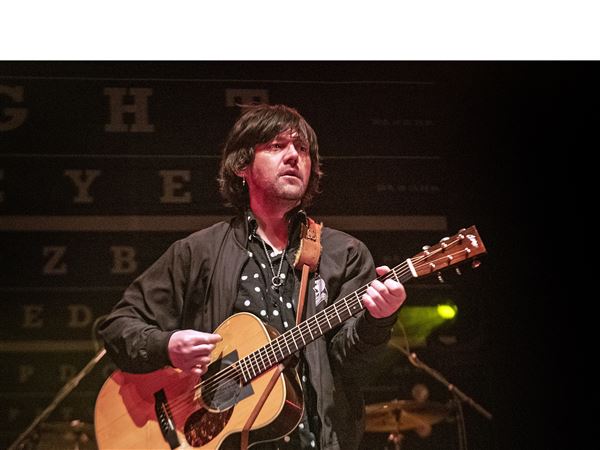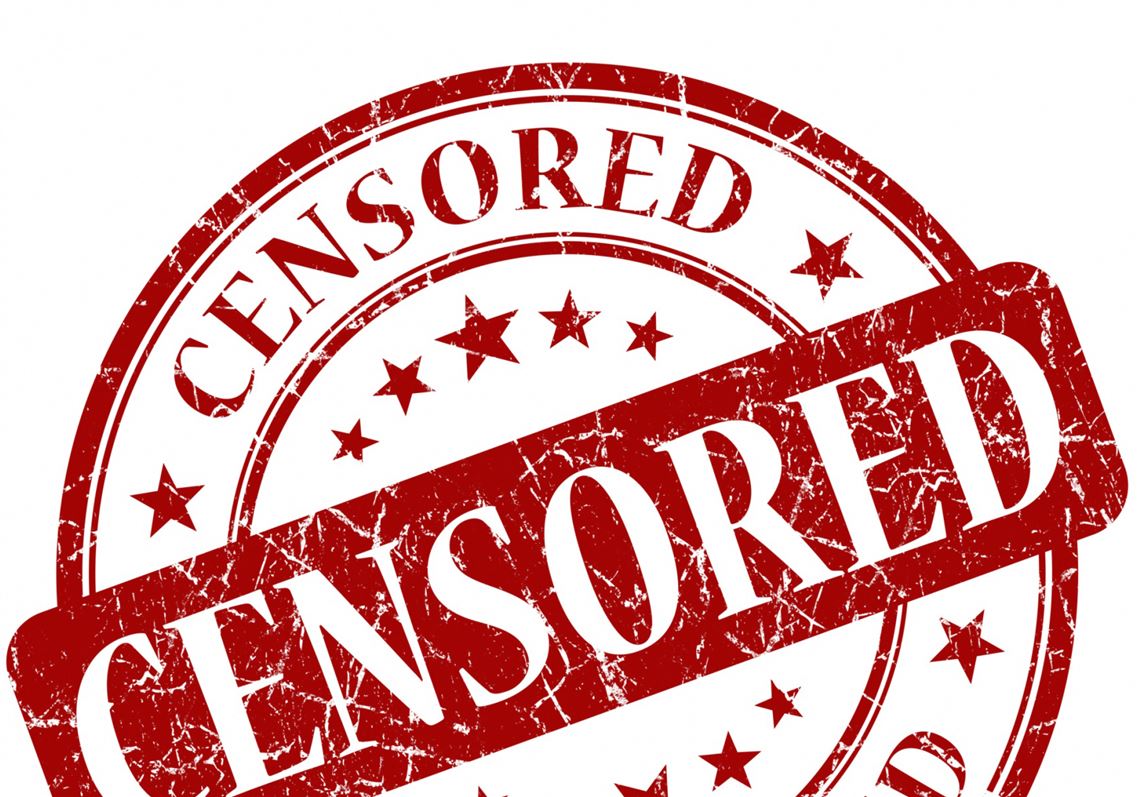In the liberal ghetto of Ann Arbor, several University of Michigan administrators recently gathered for a passionate brainstorm. The head of student affairs declared he was simply “going to die” if he heard about one more so-called micro-aggression on campus. When a colleague told him he was “acting crazy” for being so sensitive, he was shipped off to a mandatory session for freshmen where he learned about white privilege and determined that he would never say anything potentially controversial again. And with that, the Inclusive Language Campaign was born.
Under this new initiative, which is all the rage at Michigan and some other universities, the quoted words used in the above paragraph are considered offensive. In addition to posters plastered around campus urging us to “Stop. Think.” before we speak, my peers and I have been encouraged to sign an ambiguously written Inclusive Language Campaign pledge. We’re all being drafted as thought police, charged with regulating the speech of our peers.
Sounds like a joke, right? If so, it’s one that my school, a public university, has reportedly spent $16,000 on. Apparently that’s the budget necessary to explain that words such as “jewed” and “gyped” are offensive. My grandmother could have told you that for free, saving Michigan thousands on the morally obvious.
But this politically correct campaign is about something bigger and more insidious than putting a few words on the dare-not-speak list.
Operating under ILC’s logic, I am hostile for offering a cupcake to a diabetic without knowing of his condition, racist for suggesting we “work the kinks out” on a group project and generally insensitive for having an opinion on any subject that I have not directly experienced.
I guess I can’t write that paper on Homer this weekend: I wasn’t there to witness the violence of the Trojan War.
This year, I attended several mandatory assemblies for freshman students where we were taught, among other things, that wishing someone a merry Christmas is a micro-aggression. I am Jewish and proud to report that I have faced this very verbal assault and survived.
Yet while my school spends thousands of dollars to influence student vocabulary, it overlooks actual harassment. Earlier this semester, my friend Omar Mahmood was fired from the campus paper for writing a satirical essay making fun of political correctness on campus. Apparently that wasn’t enough punishment for some of his fellow students, who threw raw hotdogs and eggs at his door and left profanity-laced notes telling him to “shut the … up” and that “Everyone hates you, you violent …,” among other acts of ugliness. So much for inclusivity.
Thus far, nothing has happened to the vandals despite their being caught on camera. The school has not issued an apology or a press release. And Omar still can’t write for the paper because he refused to apologize.
The real scandal at Michigan and similar schools isn’t the use of particular words or slurs. It’s the tendency of the politically correct police — students, professors and administrators — to shut down legitimate debate by silencing anyone who dares to commit what they consider a crime of speech or thought.
One of my good friends found that his “Landscapes of Home” freshman seminar is actually an opportunity for his teacher to castigate him for being white, heterosexual and from Georgia. I have found myself bowing out of conversations for fear of being labeled prejudiced.
Instead of pitting student groups against each other in a painful game of out-oppression — who’s had it worse, the black students or the transgender students? — wouldn’t it be better to drop the -isms and learn to simply be good to each other?
I propose a new initiative, one that I’m confident will outlast previous bulletin-board, bake-sale and social-media campaigns. Call it “The Golden Rule.” Or being a mensch. Or maybe just using your head. It’s a classic.
College students readying themselves for the real world have to learn that some people are bigots, that some people will hurt their feelings inadvertently and that understanding doesn’t come from bureaucratic student-life committees or advisory boards led by self-righteous RAs. It comes from environments where opinions are valued beyond their adherence to a so-called progressive agenda.
I would call it the Don’t Be an Idiot Campaign — if only that word were still allowed.
Suzy Lee Weiss is a first-year student at the University of Michigan, where she writes for the satirical student newspaper, the Every Three Weekly. She lives in Squirrel Hill.
First Published: March 8, 2015, 5:00 a.m.
















